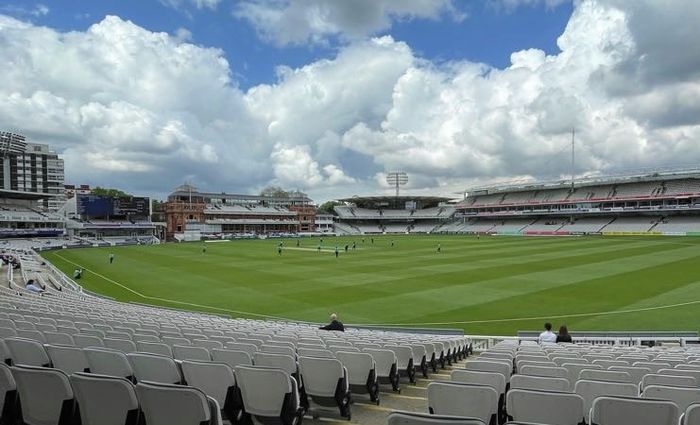Disturbed sleep and interrupted dreams: the life of a Test cricket fan
Barney Watts outlines a cricket fan’s problem and questions why he fell in love with the game in the first place

The time difference between Hyderabad and Cambridge is five and a half hours, a fact that rarely crosses my mind and is much less likely to cause me any issues. However, come 25 January, this inconsequential fact will occupy a disproportionate amount of space in my mind. The reason? England begin a series of five Test matches against India, starting in Hyderabad, that leaves me and countless other cricket fanatics with the problem of following an all-consuming sporting event that starts at 4.00am.
This 4.00am start time is the main problem. While away games in New Zealand and Australia are all-night affairs, leaving me resigned to nights of disturbed sleep that are punctuated by checking the score every two hours until dawn breaks, the less severe time difference with India creates a more complex issue. Do I reorient my sleep schedule for five days to coincide with the match, accepting the negative consequences of a minimal amount of sleep, or do I skip the first few hours, catching the rest of the action after I wake up but missing a large portion of the day?
To add further complications, England have managed to turn around a dismal record away from home by playing a thrilling, innovative brand of cricket, transforming them into genuine contenders. Nicknamed “Bazball” after coach Brendan McCullum, England employ an all-out-attack set of tactics, the equivalent of going all-in every hand during a high-stakes poker game. As a result, every possible outcome is available at every moment. However, for fans that have grown accustomed to the reassuring familiarity of yet another failure, it means waking up is a nerve-jangling experience. England could have pulled off an all-time great victory (such as against Pakistan in 2022) or blown an unlosable position (such as against New Zealand in 2023). They are uniquely positioned to beat India in India, a feat that has only been accomplished twice this century, meaning this series has the potential to be a classic.
All this could have been avoided had I become obsessed with a more convenient, less cumbersome sport. Test cricket lasts for at least seven hours, over the course of up to five days, meaning it isn’t consumed in a conventional sense. Rather than be an event that commands my full and undivided attention for a defined period of time in the mould of football or rugby, cricket’s length means it becomes a constant background hum. The question is, why was it cricket that I attached myself to? To tell the truth, I don’t really know. The best explanation I can offer is that Test cricket encompasses the full emotional range, from triumph to tragedy, mind-numbing boredom to giddy excitement, nerve-shredding tension to blissful relaxation. But it’s the same as a great film or piece of music that you love; parts of your feelings towards it can be explained but there is an equal part that is like magic dust and goes beyond my capability as a writer.
The upshot of all this self-indulgence is that the likelihood of getting a full nine hours sleep this term is low at best. But, despite this, in the wider context it doesn’t matter. It is one of the central paradoxes of fans of any sport, that we spend most of our time complaining about the thing we love, rather than why we love it. As much as I have bemoaned the grip Test cricket exerts on me, come 25 January I will be setting my alarms in an effort to catch that first ball and all complaints of tiredness will be forgotten. I wouldn’t have it any other way.
 Interviews / You don’t need to peak at Cambridge, says Robin Harding31 December 2025
Interviews / You don’t need to peak at Cambridge, says Robin Harding31 December 2025 Comment / What happened to men at Cambridge?31 December 2025
Comment / What happened to men at Cambridge?31 December 2025 News / Unions protest handling of redundancies at Epidemiology Unit30 December 2025
News / Unions protest handling of redundancies at Epidemiology Unit30 December 2025 News / Varsity’s biggest stories of 202531 December 2025
News / Varsity’s biggest stories of 202531 December 2025 News / Downing investigates ‘mysterious’ underground burial vault 29 December 2025
News / Downing investigates ‘mysterious’ underground burial vault 29 December 2025










